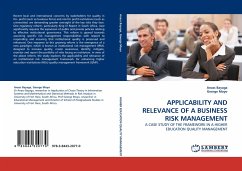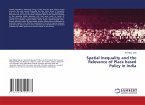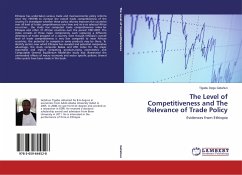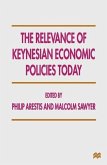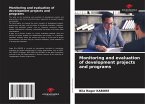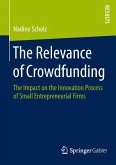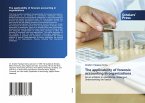Recent local and international concerns by stakeholders for quality in for- profit (such as business firms) and not-for profit institutions (such as universities) are demanding greater oversight of the key risks they face. One regulatory reform, particularly King III Report in South Africa, now significantly requires the expansion of public and private policies relating to effective institutional governance. This reform is geared towards assuming specific risk management responsibilities with respect to responding and ensuring that institutional quality is preserved and enhanced. One response to this growing reform is the emergence of a new paradigm, which is known as institutional risk management (IRM), designed to increase quality, create awareness, identify, mitigate, monitor and report the portfolio of risks facing an institution. In view of the above reform, the study explores the applicability and relevance of an institutional risk management framework for enhancing higher education institutions (HEIs) quality management framework (QMF).
Bitte wählen Sie Ihr Anliegen aus.
Rechnungen
Retourenschein anfordern
Bestellstatus
Storno

